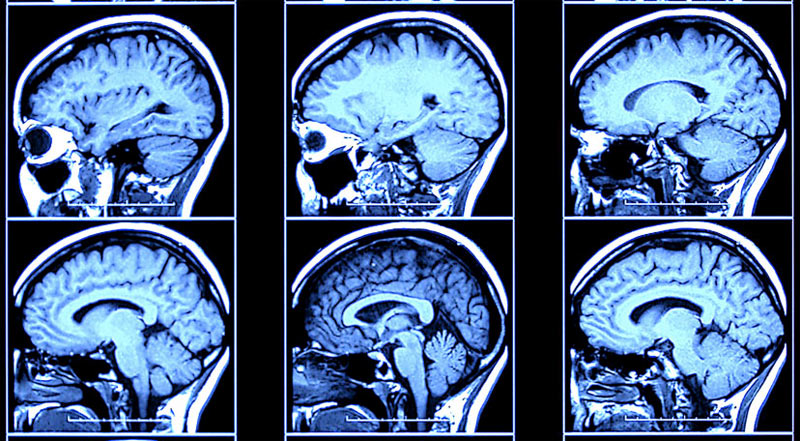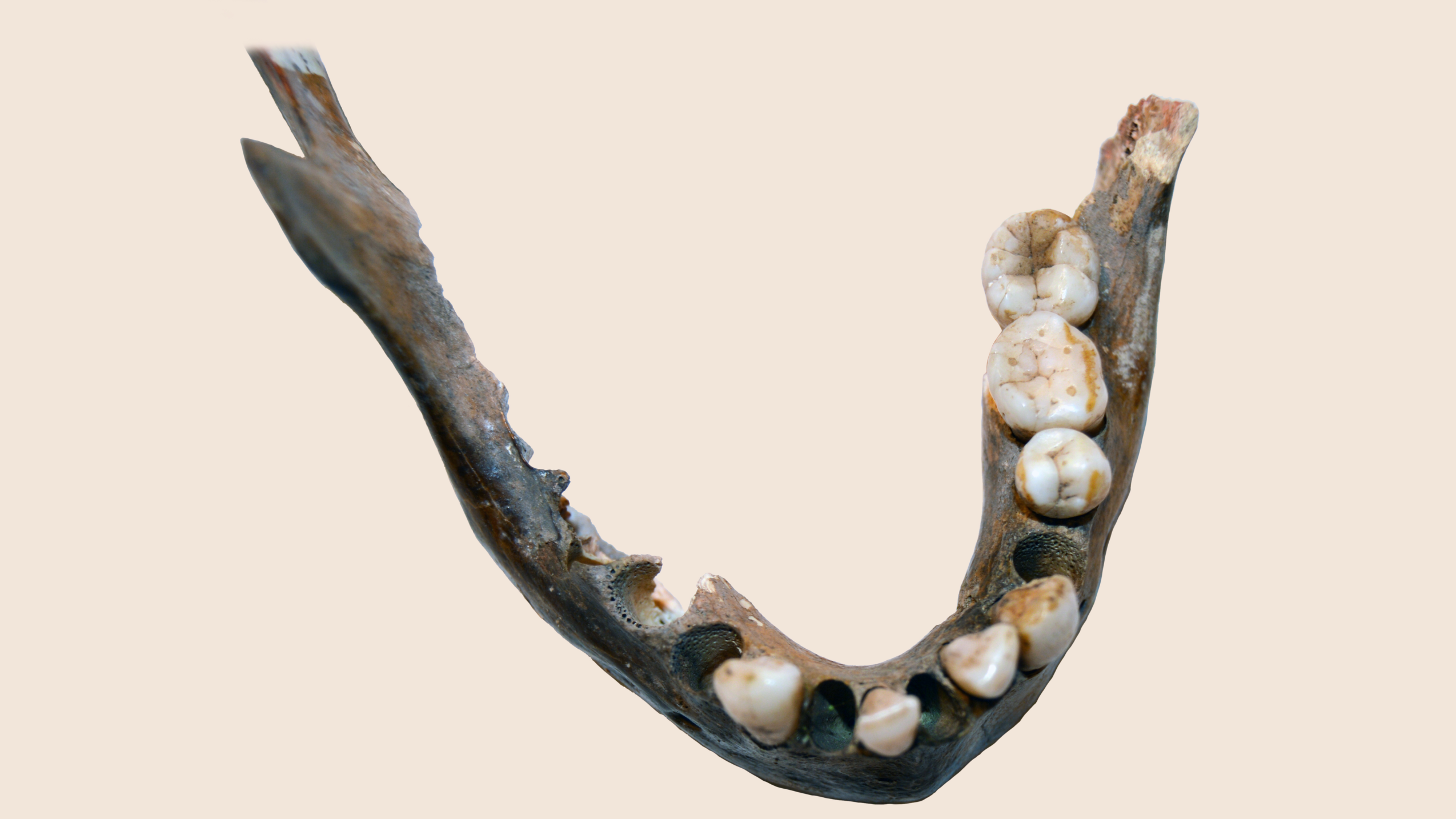Routine Scans May Cause Thyroid Problems

People who undergo common procedures, such as CT scans and angiograms, may be at greater risk for thyroid problems, according to a recent study.
The study found that people who received intravenous iodinated contrast media, which helps doctors see blood vessels and organs during imaging procedures, had a higher chance of developing hyperthyroidism than those who did not.
"We were surprised at how potent it was. People had twice the likelihood of developing hyperthyroidism when they received iodinated contrast media," said study researcher Dr. Steven Brunelli, an epidemiologist at Brigham and Women's Hospital and assistant professor at Harvard Medical School.
Hyperthyroidism occurs when the thyroid gland produces too much thyroid hormone. Symptoms include weight loss, heart palpitations, heat sensitivity and fatigue, but many cases are asymptomatic. However, people without symptoms may still face an increased risk of cardiovascular disease.
The findings need to be confirmed, and people should not forgo procedures based on this work, Brunelli said.
Rather, researchers should try to examine the reasons for the link, he said.
The findings are detailed today (Jan. 23) in the journal Archives of Internal Medicine.
Get the world’s most fascinating discoveries delivered straight to your inbox.
Thyroid trouble
In 2003, about 80 million doses of ICM were administered by vein, and the number has grown in recent years, Brunelli said. Previous studies found that a relationship exists between ICM and kidney damage, but none had examined in depth the relationship between ICM and thyroid disorders.
Brunelli and his colleagues examined data from more than 4.5 million patientsat Brigham and Women's Hospital and Massachusetts General Hospital over the course of 20 years. They selected people who had twice been tested for thyrotropin, a thyroid-stimulating hormone, over a two-week to two-year period. Thyrotropin levels determine whether or not someone has a thyroid disorder.
All study participants had normal thyroid function at first testing, and the control group, consisting of 3,678 people, had normal thyroid function upon second testing. However, 191 people had developed hyperthyroidism, and 227 people had developed hypothyroidism, upon second testing.
Symptoms of hypothyroidism, which occurs when the thyroid does not produce enough thyroid hormone, include weight gain, sensitivity to coldness and sluggishness.
The people with abnormal thyroid function were matched with controls based on race, gender, age and other factors. After taking into account everyone's exposure to ICM, the researchers found that ICM was strongly associated with the development of hyperthyroidism.
A secondary analysis of the data showed a relationship between ICM and cases severe of hypothyroidism and hyperthyroidism.
The study only examined the effects of ICM administered through veins. It did not examine the effects of drinking ICM, as is done for some CT scans, or the effects of receiving iodine-free contrasts, like those used for MRIs.
Skip the scan?
Dr. Elizabeth Pearce, assistant professor of medicine and Boston University School of Medicine who studies thyroid problems, called the data "novel."
"One of most interesting findings is that hyperthyroidism occurred more frequently in people who didn't have underlying thyroid problems," she said. "We knew for long time some people were at higher risk for hyperthyroidism, like people with iodine deficiency who finally get exposed to iodine."
Pearce said this study shows that there is a big challenge in determining who is at risk for thyroid abnormalities. Typically, thyroid abnormalities are associated with having a goiter, an enlarged thyroid, or thyroid nodules, which can be felt in the neck.
Pearce recommended that if someone knows they are at high risk for thyroid dysfunction due to known history, they should feel for a goiter before receiving ICM or have their thyroid function monitored after an imaging procedure.
Brunelli said that in life or death situations, such as an acute coronary or a recent cancer diagnosis, "the patient should not consider impact of ICM on thyroid disease."
"There are bigger fish to fry," he said. "People should not over-interpret these findings and forgo a procedure."
Brunelli cautioned that before this study can be fully translated, the data need to be validated in other groups of patients."
He said the next level of studies will attempt to figure out the risk of ICM on the thyroid versus the benefit of the imaging procedure.
The study was supported by grants from the National Institute of Diabetes and Digestive and Kidney Diseases, National Institute of Health.
Pass it on: Such common procedures as CT scans may cause thyroid problems.
This story was provided by MyHealthNewsDaily, a sister site to LiveScience. Follow MyHealthNewsDaily on Twitter @MyHealth_MHND. Find us on Facebook.
